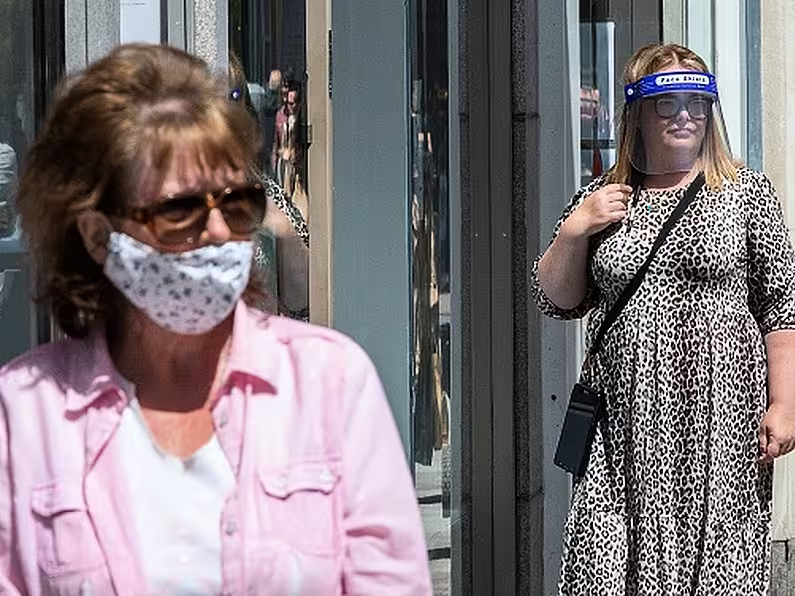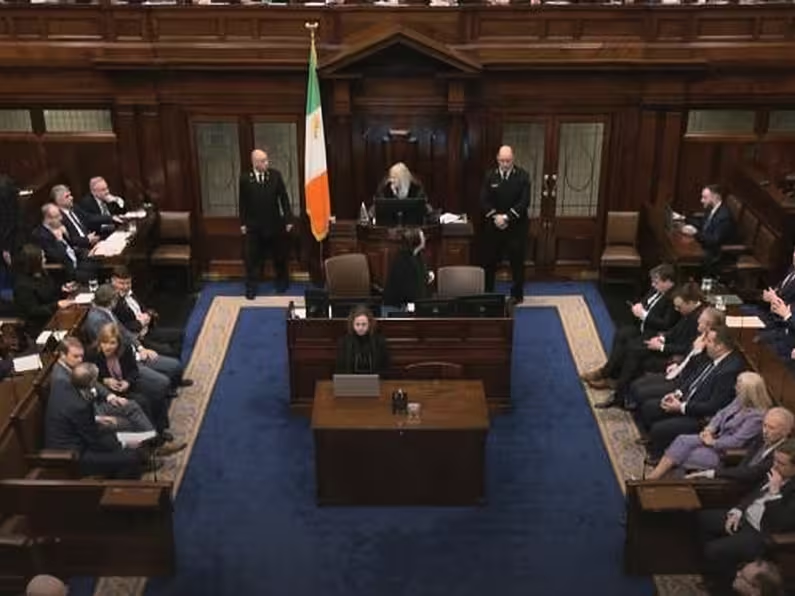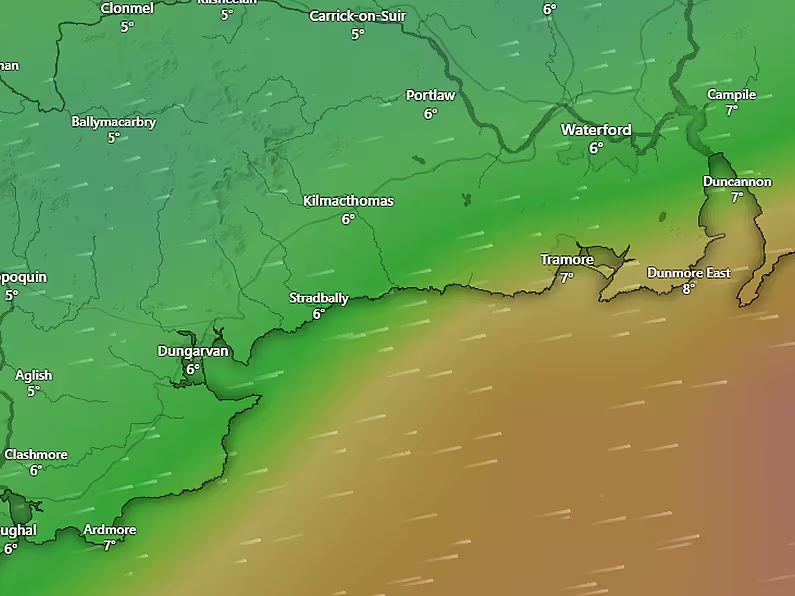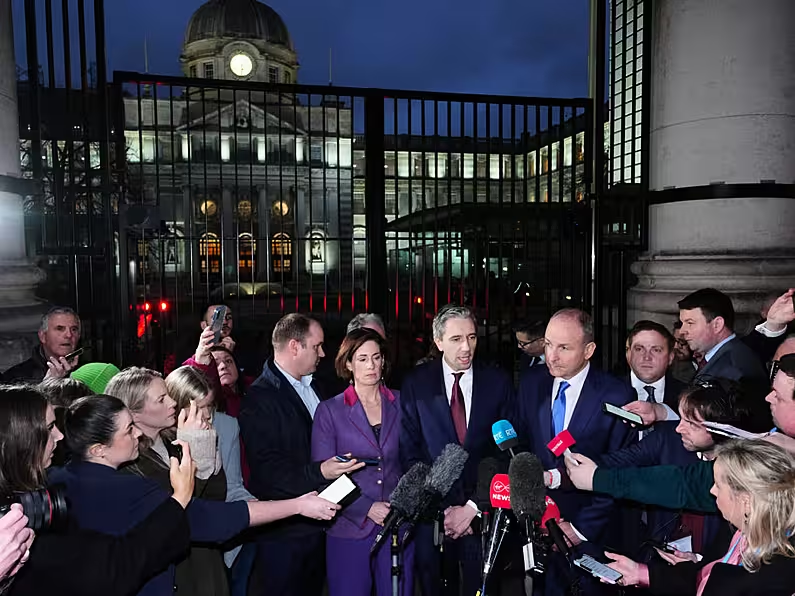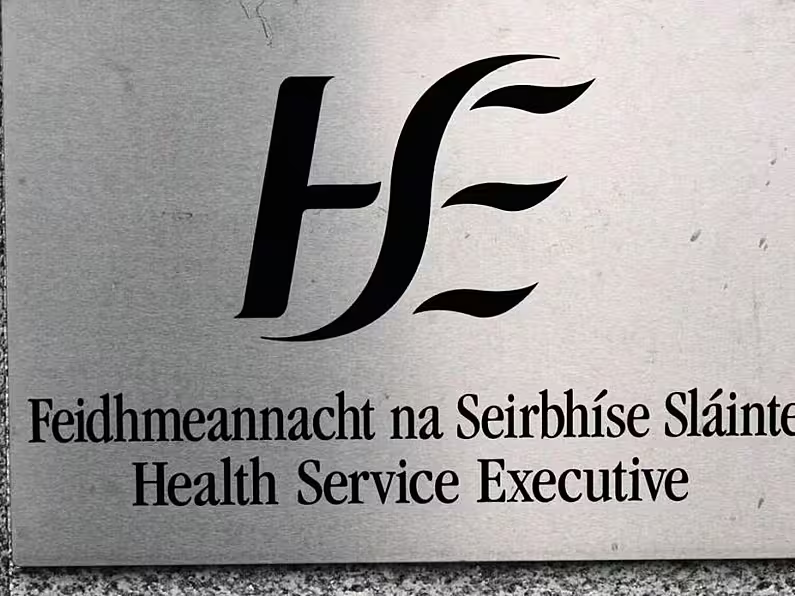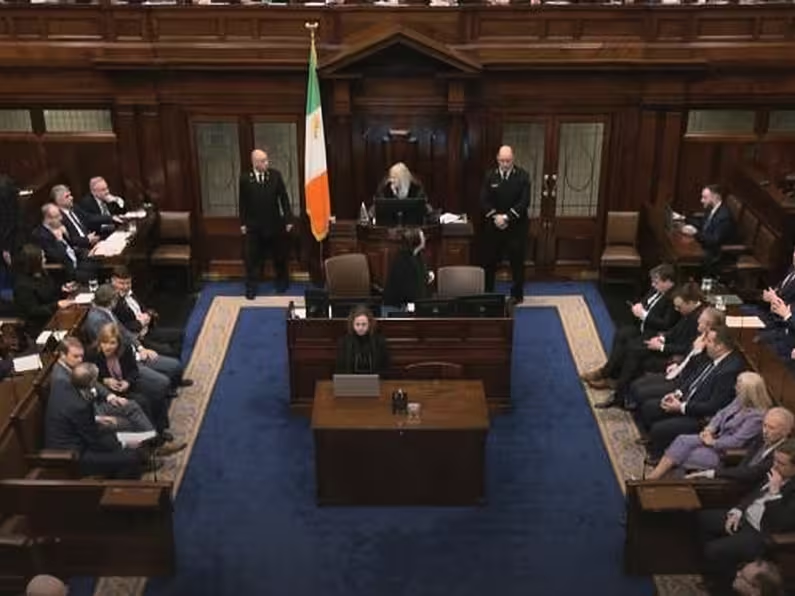A further 1,335 Covid-19 infections have been confirmed in Ireland amid warnings over a plan to end routine contact tracing for confirmed cases.
Routine tracing is set to end next month under plans being drawn up by the National Public Health Emergency Team (Nphet), according to The Irish Times.
Tracing of the contacts of adult Covid cases would end on October 22nd under the proposals being considered, coinciding with the lifting of the majority of remaining Covid-19 restrictions.
Responding to the plans this afternoon, an immunology expert at Trinity College Dublin said he would be “surprised and disappointed” if routine tracing ended as Ireland continues to report one of the highest case rates of the disease in Europe.
The problem is that Ireland has still got one of the highest case rate per 100,000 in Europe, if not the whole world
Professor of experimental immunology Kingston Mills said that it was too early to “chuck in the towel on testing and hope for the best”.
“I think Nphet are considering, I don’t think they’ve decided it yet. I’d be very surprised, I’d be very disappointed, if they decided that,” he told Katie Hannon on RTÉ Radio One.
“The problem is that Ireland has still got one of the highest case rate per 100,000 in Europe, if not the whole world. So we’re not at the stage yet.
“We’re getting there... the disease is now moving down into the younger population which is less serious in terms of hospitalisations but I don’t think we’re at the stage yet where we can abandon testing.”
Prof Mills said Ireland's positivity rate from Covid testing, which remains above five per cent, was "huge".
With more than 1,000 staff currently involving in contacting thousands of close contacts every week, professor of health systems at Dublin City University Anthony Staines — who is also a member of the Independent Scientific Advocacy Group (ISAG) — said there are risks in closing call centres.
“My understanding is that the plan is to effectively close the major call centres,” he told Newstalk radio.
“That will throw contact tracing back on my public health colleagues, who will keep doing what they’ve been doing. The risk is there will just be too many outbreaks for them to investigate.”
Proposed change
Under the proposed change, public health specialists could still trigger contact tracing following a risk assessment of a particular case or cluster of cases. However, routine use of contact tracing would end.
Nphet members intend to monitor the results of this week’s decision to end contact tracing of asymptomatic cases in the classroom, before making a final decision to end adult contact tracing.
Travel-related cases are also being monitored following the decision earlier this month to end contact tracing on flights.
There is confidence that the infection rate among primary schoolchildren will not rise over the coming weeks based on current incidence rates, despite the decision to allow close contacts not showing symptoms to attend school.
The plan to end most contact tracing is part of wider move towards normality in this phase of the pandemic, when more than 90 per cent of the population is largely protected against Covid-19 through vaccination or previous infection.
Separately, the HSE has confirmed that more than 70 per cent of residential care facilities have ceased serial testing of staff and residents, with 435 out of 616 nursing homes and other residential care facilities removed from the serial testing programme.
The facilities have confirmed that they are free of Covid-19 outbreaks and that at least 80 per cent of staff and residents are vaccinated, in line with Nphet criteria for exiting the programme.
On Saturday morning, there were 282 Covid-positive patients in hospital, including 65 in intensive care.



